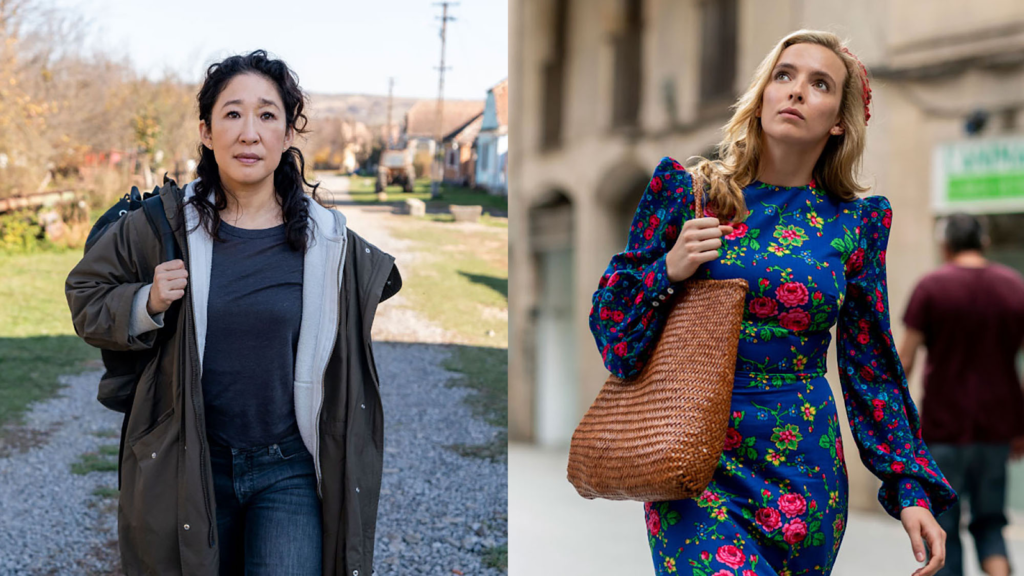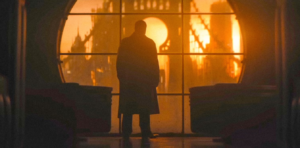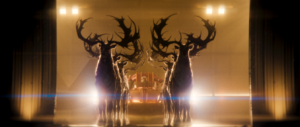Killing Eve Review: Season 3 Episodes 1 & 2

Image courtesy of BBC America
Image courtesy of BBC America
By Noelia Veras
Killing Eve is back and more unexpected than ever before. This season picks up months after the end of season 2, and the audience finds Eve alive, but not necessarily well. This season has separated Eve and Villanelle once again, but not playing a cat and mouse game anymore, rather the two are far removed from each other’s radars.
This season’s viewers see a more defiant Eve, one who refuses to partake in detective work, and perhaps she is even a perfectly mundane Eve. The titular character is seen working as a cook at a Korean restaurant, living more simply than ever, wearing drab clothing, and living in a dark, small, and grimy apartment in London. Very clearly, Eve has changed since being shot by the woman she thought she was in love with, detaching herself for everyone around her.
Where Eve is living more simply, Villanelle is living more extravagantly. The two characters are evidently living opposite lives, working as the antithesis to one another. Villanelle dons glamorous outfits with impressive silhouettes in a new location: Spain. The assassin’s presence is radiant and fresh, and she is quicker and more grandiose than ever.
The series has also picked up some new supporting characters. One new character is Geraldine, Carolyn’s daughter, who is quite the empath, unlike Carolyn. Dasha is another new character; she is Villanelle’s evil coach who is aiming to get her back to doing assassin work for The Twelve.
This season has the trademark fast-paced dialogue and eerie score that carries much of the show’s weight. The presentation of this season is breath-taking and well thought out. With Eve, grayed dull colors are employed, whereas with Villanelle life looks oversaturated and vibrant. There is a new glimmer in Villanelle’s eyes, and a striking emptiness in Eve’s.
In the first season, the two women were full of energy and passion for their respective careers. Their energy fueled the cat and mouse game they were constantly playing, but now the two are almost avoiding the thought of each other. While Villanelle is still under the impression that Eve is dead, she has not once thought of her, and Eve won’t even say Villanelle’s name. This complete turn in the narrative is jarring but extremely fascinating, giving these characters a dimension they did not hold before. Eve is rugged and scarred and Villanelle is more daring.
Some trademarks of the show still remain though, like the eerie angles and elaborate killing scenes. Villanelle has always been a creative assassin and had fun with the way she executes her killings. This has most certainly not changed, and it has become more of a game for the villain. Villanelle, in past seasons, was somehow the most heartless yet likable character to grace television and part of this was because of her creativity. Killing has always been an art for her.
At the end of the second episode, Villanelle finds out alarming news that should frighten her, but instead, she laughs hysterically. The camera is angled to look up at her, giving her an air of superiority and the lingering sense that she is more untouchable than ever. The camera slowly pans away and it is suddenly clear: she is not a protagonist, she is a dangerous criminal.





